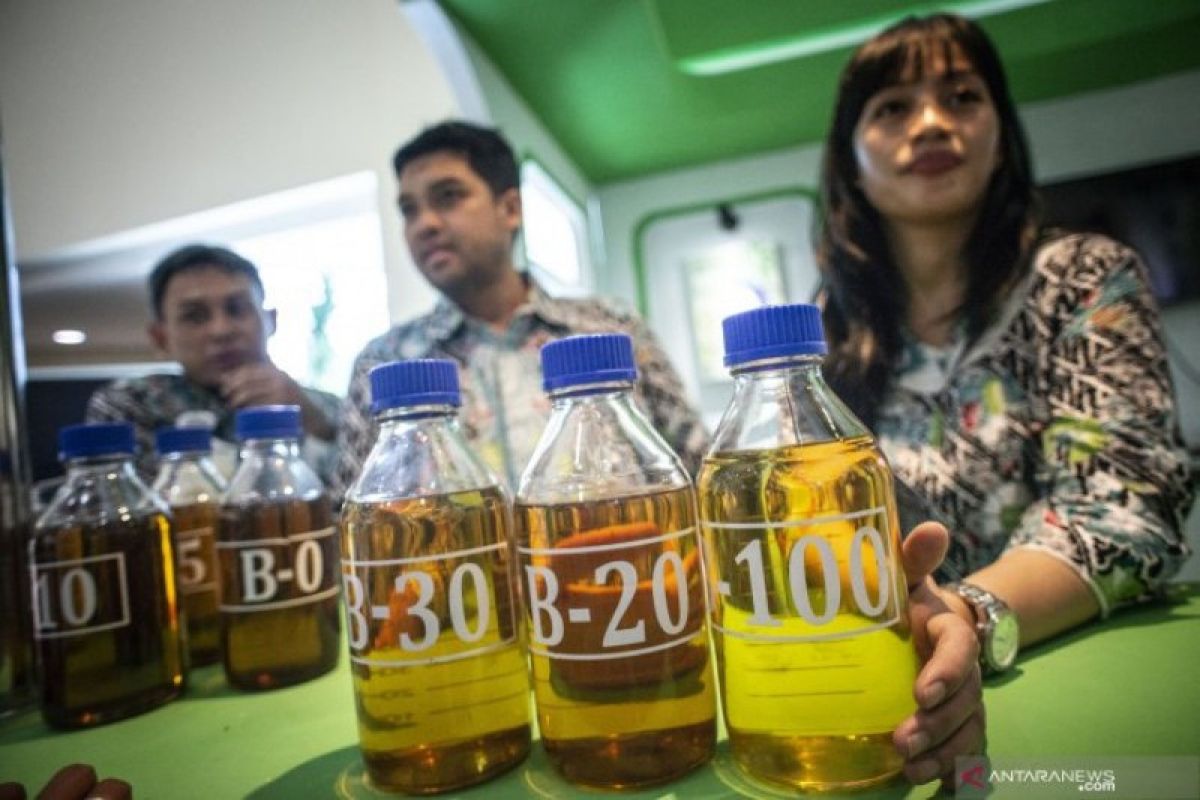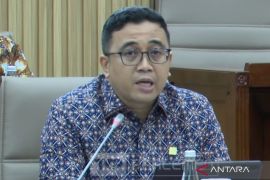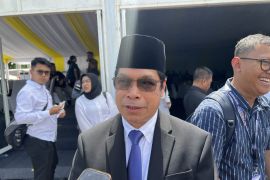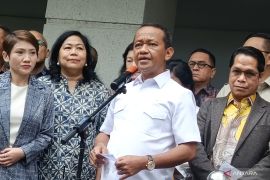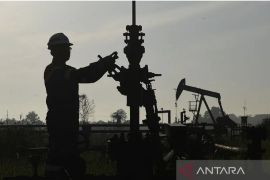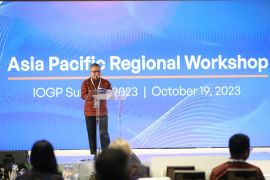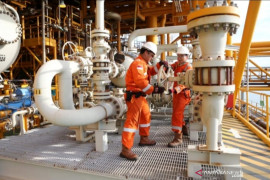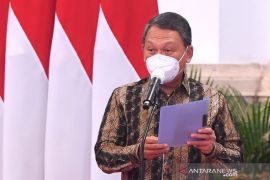B20 is a blend of 20 percent biodiesel and 80 percent petroleum diesel.
"One of the areas of concern for the government is the infrastructure at B20 mixing points not yet being optimal. The government is also evaluating FAME's transportation costs to several points for mixing that remain quite high," Ministry's Head of the Research and Development Agency Dadan Kusdiana remarked in a statement received by Antara here, Monday.
Kusdiana cited the example of state oil and gas company PT Pertamina's Refinery Unit (RU) that had employed the Ship To Ship (STS) method to lower FAME's transportation costs. However, when the usage of STS was evaluated, the operational costs were still found to be comparatively high.
"The solution that is projected to lower the operational costs of STS is to use oil tanks of the Contractor of Cooperation Contracts that are idle and the distance from RU V Balikpapan (East Kalimantan) is reachable," he pointed out.
The Oil and Gas Research and Development Agency (PPPTMGB LEMIGAS) has conducted a Focus Group Discussion (FGD) on Feasibility Study of FAME Tanks, Infrastructure, Pipes and Mixing at the Mixing Points to gain a broader understanding of which tanks of KKKS can be used to store FAME.
The agency has estimated that eight KKKS tanks can be used to store FAME for RU V Balikpapan, pending further study.
The government is making extensive efforts for the conversion of conventional diesel oil (BO), originating from petroleum, into biodiesel mixed with FAME by 20 percent (B20).
Under the long-term plan, a mix of conventional diesel fuel and FAME Biodiesel made of Crude Palm Oil (CPO) will be reviewed for potential possibilities to become B100.
The government has expedited the development of 100 percent biodiesel, or B100, from CPO to lower fuel imports.
This step is part of the strategies to lower reliance on fossil fuels.
EDITED BY INE
Translator: Bambang Purwanto
Editor: Fardah Assegaf
Copyright © ANTARA 2019
